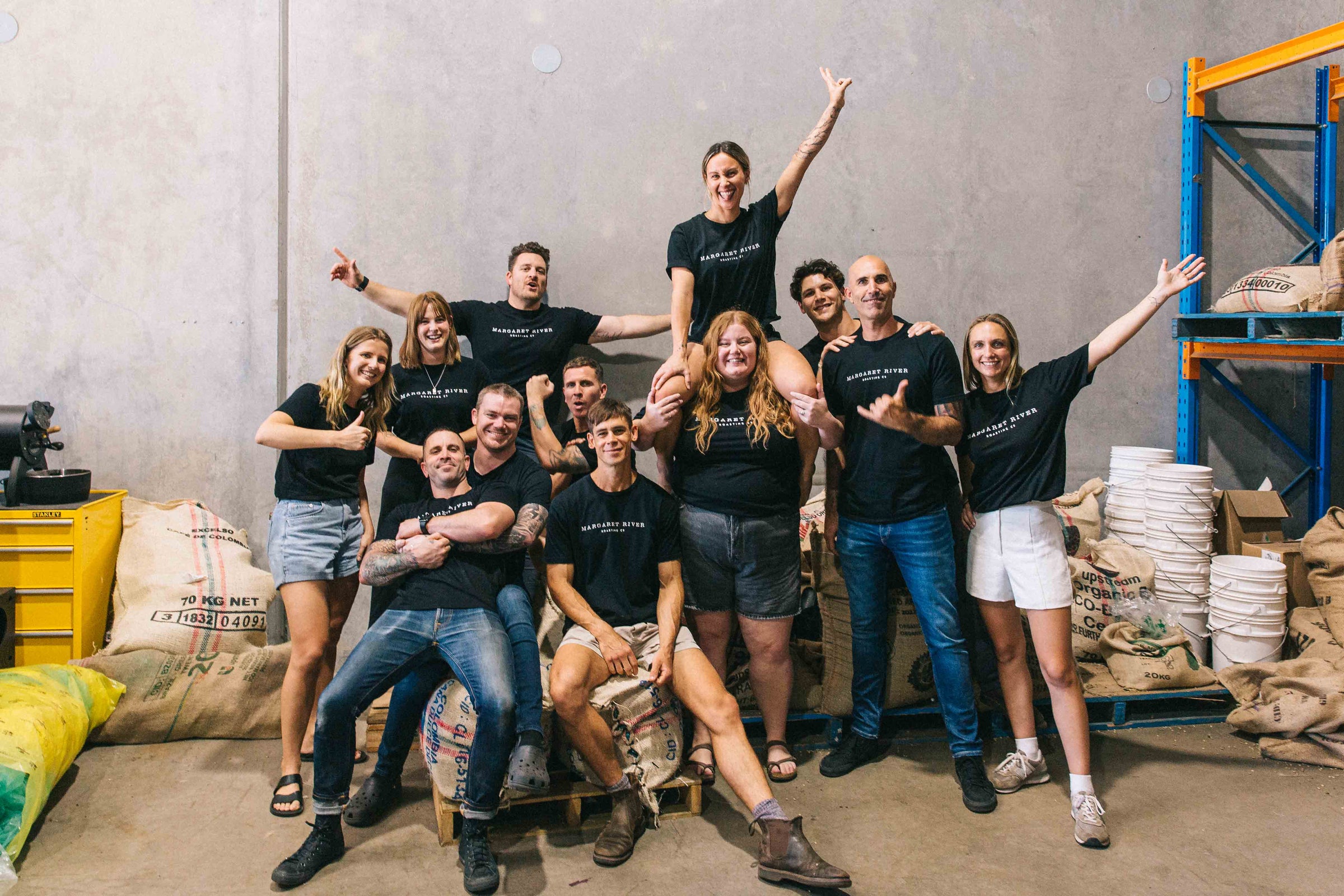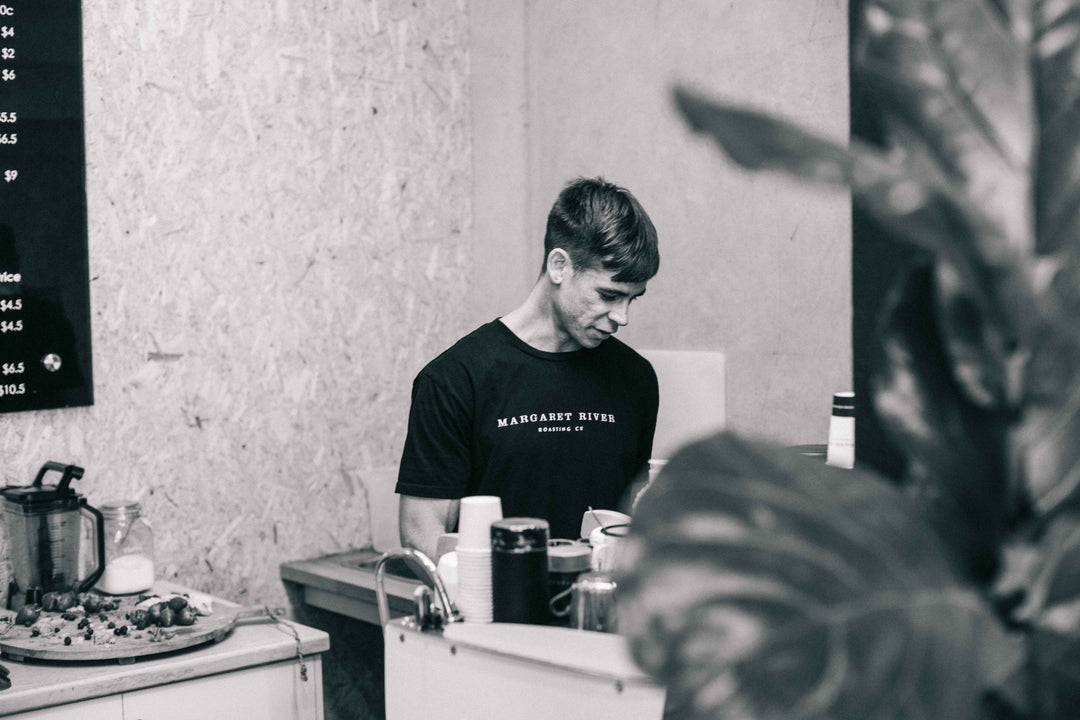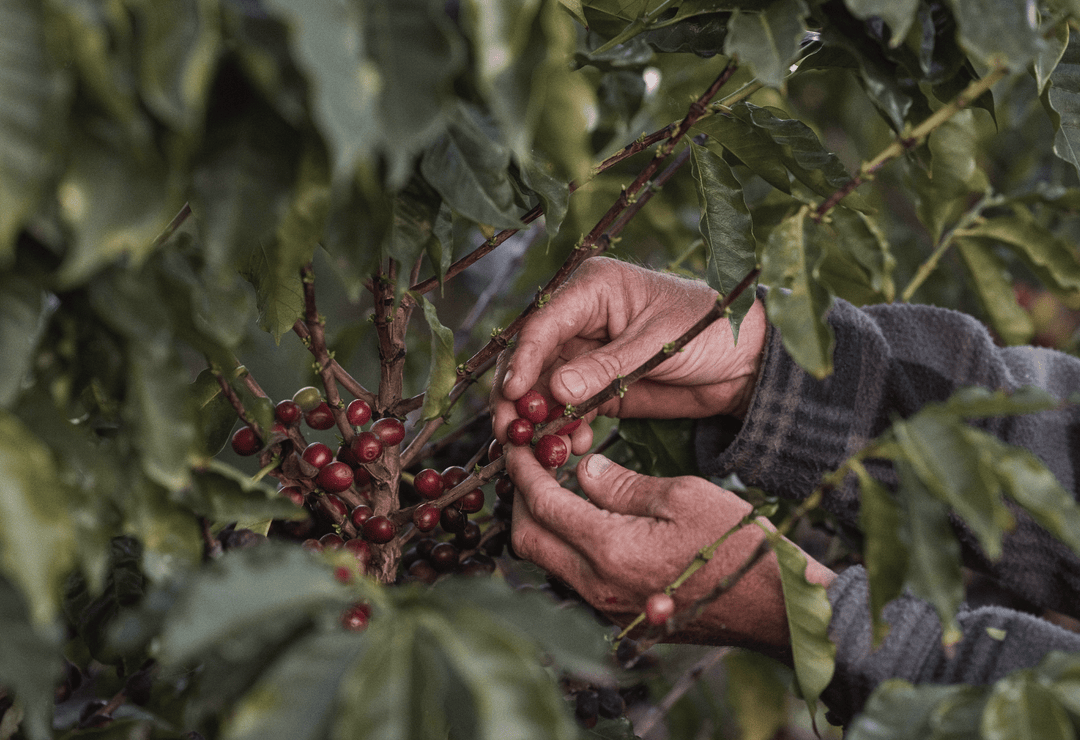How Much Caffeine Is in Your Coffee?
Every morning when we need a little boost, we may reach for a cup of coffee that contains caffeine. Caffeine is a stimulant found in various foods and drinks, most notably coffee. Even though you may think you are informed about how much caffeine is in your cup of joe, you may be surprised. In this post, we'll explore how caffeine is naturally found in coffee beans, how processing affects the caffeine content, and provide guidance on recommended daily intake for the health-conscious coffee-lover.

How Caffeine is Found in Coffee
Coffee is naturally made up of water, carbohydrates, protein, fat, minerals and, of course, caffeine. Caffeine is contained in the coffee bean, which is protected by the coffee cherry. When the coffee cherry is ripe, the beans will be covered in a thin layer of skin and a sweet, gelatinous substance known as the pulp. In order to be brewed, the coffee cherry needs to be processed, which can have an effect on the caffeine content.
Caffeine Levels Depending on the Processing
Coffee beans processed for robusta coffee contain the most amount of caffeine. Robusta beans have a higher caffeine content, ranging from 2 - 4%. Arabica beans, on the other hand, have lower caffeine levels, ranging from 1 - 2 %.
Processing coffee beans can also have an effect on caffeine levels. Washed coffee beans, which are processed after the cherry is harvested, usually contain higher levels of caffeine because the coffee cherry is removed, leaving the beans exposed to air. On the other hand, natural and honey-processed beans, which are processed while the coffee cherry is still intact, usually contain lower levels of caffeine because the cherry helps protect the beans from the air and other elements that may affect the caffeine content.

How Much Caffeine is in Your Cup of Coffee?
On average, one cup of brewed coffee (237 ml) contains 95 mg of caffeine. This is equivalent to approximately one teaspoon (5 ml) of instant coffee, which contains about 65 mg of caffeine. It is important to note that the caffeine content of coffee can vary depending on the type of bean, the brewing method, and even the roast. A light roast typically contains more caffeine than a dark roast and a French press coffee will usually have more caffeine than a brewed cup.
Recommended Daily Intake
In Australia, the Adult Recommended Dietary Intake (ARDI) for caffeine is 400 mg per day for adults. It is important to note that different individuals may be more or less sensitive to caffeine, so this number may vary depending on your individual sensitivity to caffeine.
It is important to consume caffeine in moderation, as too much caffeine can have detrimental effects on your health. At Margaret River Roasting Co, our delicious coffees are carefully crafted with the perfect balance of caffeine and flavour to ensure that you have the perfect cup every time. So next time you reach for your morning cup of joe, you'll have the peace of mind of knowing how much caffeine is in your coffee.




Leave a comment